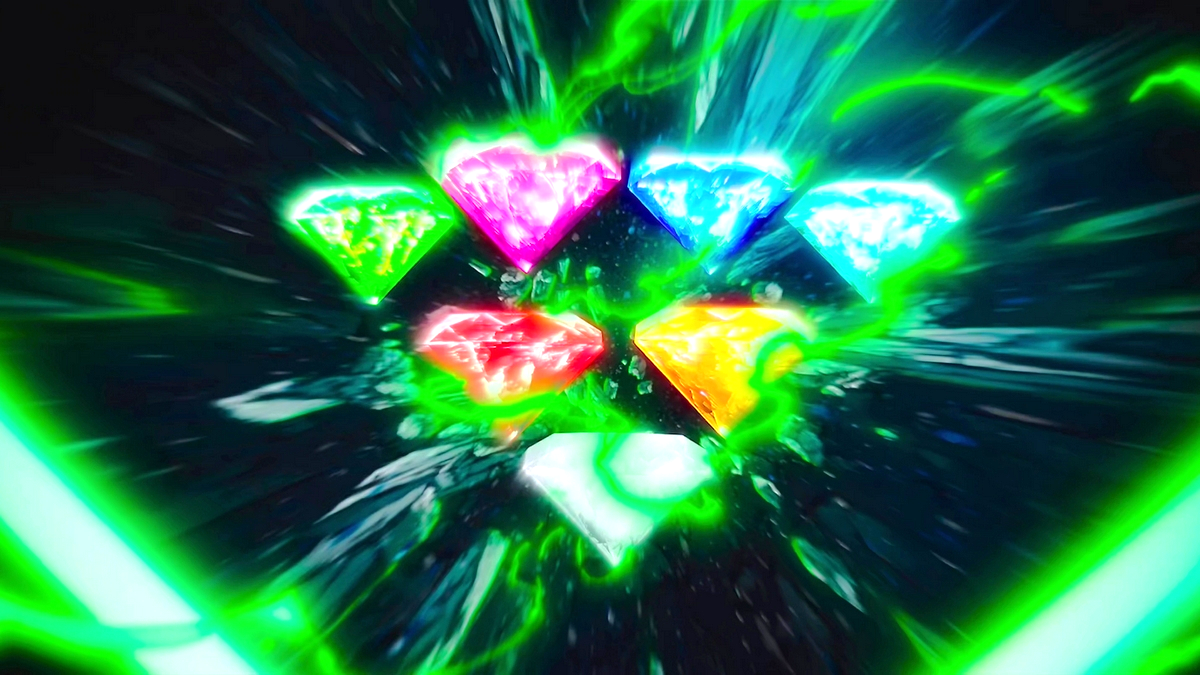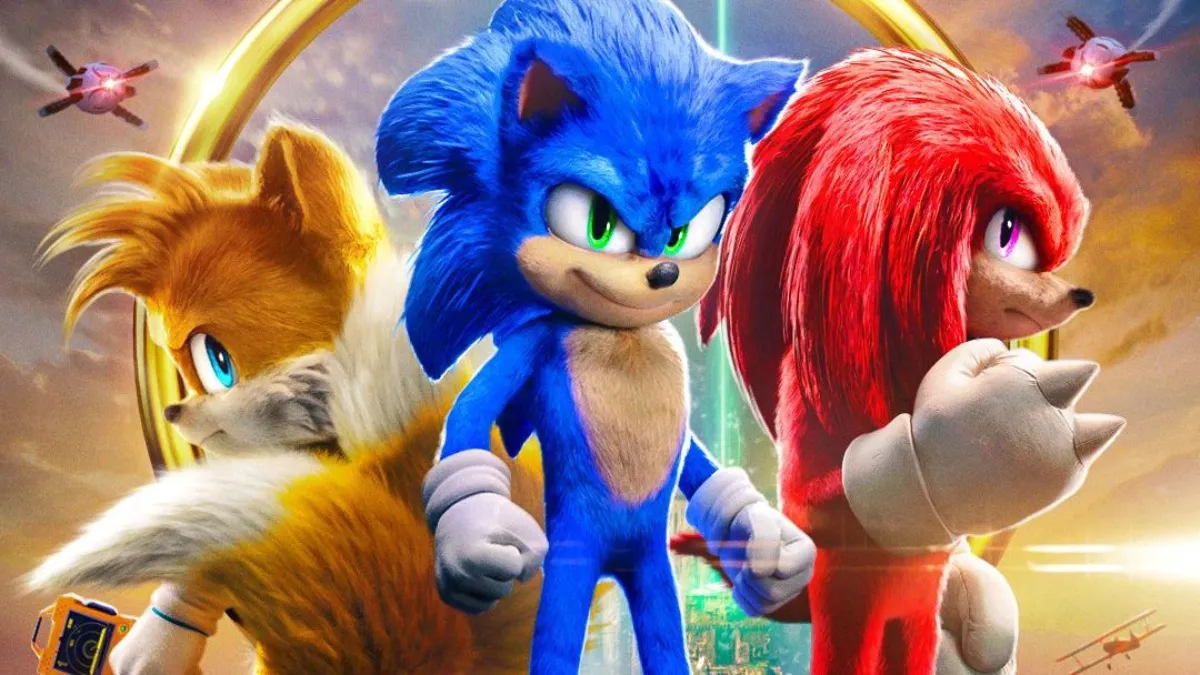After several failed runs in developer Double Fine and publisher Bandai Namco’s super addictive roguelike Rad, the game’s deep-voiced announcer told me that I was, in fact, not “rad.” And while this hurt my tender feelings deeper than anyone could possibly calculate, the guy had smartly tapped the nail directly on the head: I was, in fact, “not rad.” That’s because Rad is frequently a difficult game, and I am not what you’d call a very “skilled video gamer,” though I’ve devoted a significant portion of my life to fiddling around in this medium. And if I’m being totally transparent here, I’ll admit that my first run lasted a whopping four minutes — that’s 240 seconds. And although I’ve attempted to rectify my lameness over the course of the three dozen or so runs I’ve attempted since my initial adventure, I can’t really say that I’ve gotten much better. I like to blame the randomness of the game’s procedurally generated levels. Yeah, that’s it.
In a nutshell, Rad explores what happens when the world experiences a second apocalyptic scenario while trying to recover from the first apocalypse. Not surprisingly, things don’t look very promising for mankind as a whole, which is why the so-called Menders have given you a mission: find a new power source that will help humans rise above their current station and regain control of the planet. The world contains myriad hideous mutant freaks and outlandish dangers, all of which want to have a go at killing you properly. Of course, this means you have plenty of weaponry and an abundance of health to see you through to the journey’s end, correct? Nope. You start with a baseball bat and three hearts of health — and that’s it. Sure, you’ll gain some pretty nifty mutations along the way, but that’s assuming you have the chops to level up your character. And when you die, that’s it — you and your digital companion are back to square one with very little to show for your efforts.

I’ll be the first to admit that Rad’s premise — and roguelikes in general — can often sound pretty miserable on paper. But where modern roguelike’s such as The Binding of Isaac and Enter the Gungeon shine is through their art style and the immense amount of fun they provide. Although Rad will punish you severely without batting a single mutated eyelash, you keep going back for more colorful torment not only because you’re a glutton for video game-induced punishment, but because the damned thing is such a thrill to play. The combat feels crunchy and punchy, leveling up your chosen character gives you a wonderful dopamine kick, receiving random power-ups via mutations never gets old, and exploring the procedurally generated landscape always feels fresh and exciting, even hours into the game. And when you slowly but surely start to “git gud” at Rad, one of your runs could throw you the kind of curveball that will cause your process (and possibly your patience) grinding to an abrupt halt. Yes, you will feel severe pangs of frustration while playing Rad, but it never destroys your enjoyment.
Visually speaking, Rad looks fantastic. As you can tell from the characters, the lingo, the technology, and the pop culture references sprinkled throughout the game, the world pretty much ended sometime during the 1980s. And the game uses this fact to craft a world that feels like one long never-ending pop-culture minefield without becoming corny or thematically ridiculous. For example, you collect cassette tapes to use as currency, and floppy disks will allow you to unlock chests and entrances to caves. Massive CRT televisions dot the landscape, and an old Pac-Man cabinet resides in the game’s hub city. However, spotting the 80s-inspired nods and references never gets old, thanks in part to the game’s neon-infused art style. I don’t know when, exactly, someone decided that our collective post-apocalyptic future should swim in a sea of neon colors — Far Cry New Dawn and Rage 2 also recently subscribed to this color palette — but, for now, at least, I dig it. The splashes of neon pink, green, and orange make the world feel strange and foreign, and then again, it all feels natural and organic to the story Rad wants to tell.

As far as the gameplay goes, you have to reconcile early on that a lot of your success will ultimately come down to pure luck. Some of my best runs all came down to the type of mutations I received early on and the way the levels seemed to effortlessly fall into place. Other times, the proverbial deck seemed stacked against mankind’s future, and I struggled to make it beyond the first level with my youthful hide intact. Thankfully, Rad attempts to circumvent these feelings of loss and utter despair by unlocking different gameplay mechanics — for instance, you can insert “quirks” into your runs, which change up the game in small ways — and weapons you can use during your adventures. In-between levels, you can deposit cassettes into a bank account, which you can then withdraw and spend at the hub world’s merchant, who increases her stock the more you splurge. Rad slowly gives you some great tools to help you succeed in your mission to save the planet, but just like the real world, sometimes your ability to pull things together comes down to luck, which can often dampen the experience somewhat.
But even when your Remade life in Rad seems pointless, knowing that you have a host of strange mutations on the horizon — everything from a boomerang arm to a weird little guy who sits on your back and shoots at enemies — makes everything worthwhile. And even when you don’t receive the mutations that make your runs last longer than, say, 10 to 15 minutes, at least you have the game’s announcer to keep you amused. Some people might get tired of hearing that stranger with the bass-y voice say things like “Floppy Key!” or “Paaaaaaaaaaaused” over and over again, but it gave me a quick jolt of amusement when the run clearly didn’t have my best interest at heart. Sure, he did mention more than a few times that I wasn’t “rad,” but I quickly forgave the guy. Because, as I stated earlier, he wasn’t wrong. I am certainly not very rad.

As you can tell, I loved Rad, and I don’t have any intention of giving up the neon-drenched fight anytime soon. I might need to walk away from the game for a day or so when I get a string of really lousy runs, but I know I’ll soon return to the harsh post-post-apocalyptic landscape for more adventures and harsh punishments. However, let’s get one thing clear right now: If you don’t like roguelikes and the randomness they tend to provide, Rad will not change your mind — it takes the tropes associated with the genre and simply filters them through the 1980s. So, if you hated Issac and you have absolutely no desire to enter a gungeon at any point during your life, then it might be in your best interest to stay far, far away from Rad. For the rest of us, whether we’re nostalgic children of the 80s or people who simply enjoy chasing that perfect run, Double Fine and Bandai Namco have created one of the most memorable roguelikes of this generation.
This review is based on the PlayStation 4 version of the game. A review copy was provided to us by Bandai Namco.






